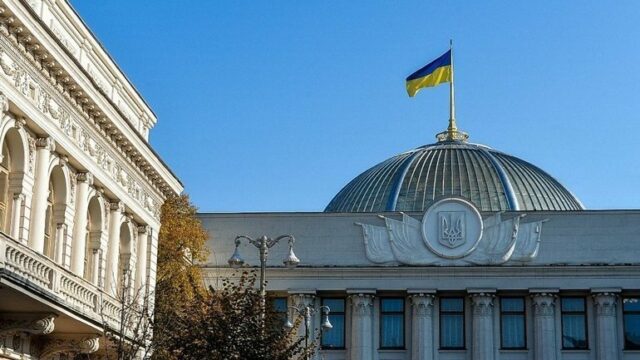The Verkhovna Rada of Ukraine has taken a significant step forward by approving draft law 10361, aimed at expanding the National Museum of the Holodomor-Genocide. This new phase of development aims to create a more comprehensive space dedicated to remembering and educating people about the tragic events of the Holodomor and genocide in Ukraine. Volodymyr Viatrovych, a Deputy of the Verkhovna Rada, announced this monumental decision, emphasizing the importance of remembering history.
Major Funding Support from Canada
One exciting aspect of this project is that Ukraine anticipates receiving over 400 million hryvnias in donations from Canadian supporters. This reflects not only Ukraine’s rich history but also the strong bonds of solidarity and support from the Ukrainian diaspora, particularly in Canada. It’s estimated that around 1.4 million Canadians identify as Ukrainian, showcasing the vibrant cultural ties and commitment to preserving Ukrainian heritage across the globe.
A New Era of Management
The museum’s governance will involve a Supervisory Board made up of 12 members, including both Ukrainian and international experts. These individuals will bring diverse experiences in the fields of history, education, and civil society. Importantly, an Expert Council will also be created, featuring specialists from both Ukraine and abroad, to ensure that the museum not only honors history accurately but also promotes awareness and understanding of national memory policies.
Honoring Ukraine’s Heroes
In addition to the museum project, the Verkhovna Rada has also voted for draft law 11271. This law introduces a ceremonial process for the burial of military heroes at the National Military Memorial Cemetery. This initiative includes symbolic burials for those whose remains are still missing—a heartfelt tribute to all those who sacrificed their lives for Ukraine.
Volodymyr Viatrovych underscored a powerful message: «We must respect and honor the soldiers who laid down their lives for Ukraine, care for the memory of those lost during the Holodomor-Genocide, and acknowledge every victim of Russian aggression.» This sentiment resonates deeply, as it is not just about commemorating the past but also about educating future generations on the sacrifices made for freedom.
Why This Matters
Creating spaces like the National Museum of the Holodomor-Genocide and recognizing the sacrifices of Ukrainian soldiers are essential steps in fostering a collective memory that can educate and unite citizens. Studies show that engaging with history through museums and memorials helps communities address trauma and fosters national identity. For instance, a report from the International Council of Museums highlights that well-structured museums can significantly influence societal healing processes.
As Ukraine builds this new chapter in its history, the commitment to remembrance and education becomes not just a duty but a profound act of love and respect for those who came before. It is an opportunity for all of us to reflect on the past while looking forward to a future grounded in respect, understanding, and acknowledgment of shared histories.






